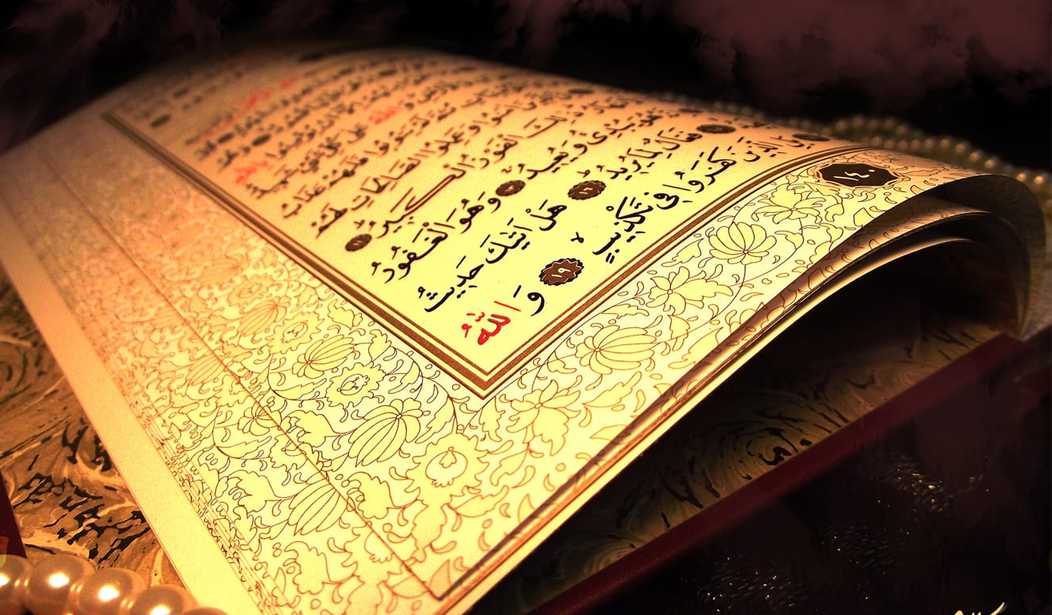President Obama wrapped up meetings with the Gulf Cooperation Council in Riyadh today by acknowledging that “even with the nuclear deal, we recognized collectively that we continue to have serious concerns about Iranian behavior.”
Obama said he “thanked our GCC partners for their support of the comprehensive deal that has now cut off every single one of Iran’s pathways to a nuclear weapon.”
“That makes the region safer,” he added. “We’ll remain vigilant to ensure that Iran fulfills its commitments, just as we fulfill ours.”
The president said the GCC nations and the U.S. “committed to continue to interdict illegal Iranian arms shipments and impose costs on Iran for its ballistic missile program, and oppose Iran’s destabilizing activities in the region.”
“At the same time, as I said at Camp David last year, none of our nations have an interest in conflict with Iran. We welcome an Iran that plays a responsible role in the region, one that takes concrete, practical steps to build trust and resolve its differences with its neighbors by peaceful means and abides by international rules and norms,” Obama continued.
King Salman called the talks “constructive and fruitful.”
The United States and the GCC, Obama said, “will launch a new high-level economic dialogue with a focus on adjusting to lower oil prices, increasing our economic ties, and supporting GCC reforms as they work to provide jobs and opportunities to their young people and all of their citizens.”
At a separate news conference, Deputy National Security Advisor Ben Rhodes said the Obama administration “made very clear to the leaders last night and today on the subject of Iran that our partners, our friends in this region are in the room with us here, and Iran, on the other hand, has in many ways been confrontational not just to the countries here in the GCC, but to the United States as well, and that we share their concerns about Iran’s ballistic missile program, its destabilizing activities in the region, its ongoing support for terrorism.”
“And, in fact, many of the capabilities that we’re developing on the defense side through this process are focused on countering Iranian actions,” Rhodes said. “So when you talk about the ability to have enhanced missile defense systems, maritime interdictions, training of Special Forces — all of these deal with the type of asymmetric threats that we see emanating from Iran in different parts of the region. And we’ve been able to have from the United States and several of our partners a number of interdictions, for instance, of Iranian weapon shipments at sea just in recent weeks.”
The Navy announced earlier this month that American forces seized cargo off a ship leaving Iran that included 1,500 AK-47s, 200 RPG launchers and 21 .50 caliber machine guns.
The U.S. 5th Fleet said it was the third time since late February that ships originating in Iran were caught smuggling weapons across the water with Houthi rebels being the “likely” recipient.
Rhodes said Obama is trying to make the point “that there has to be an opening to have a political resolution to these conflicts, that the perpetual nature of the violence that we see in Yemen, in Syria, in Iraq is not in the interest of anybody, and that in order to resolve these conflicts there has to be a diplomatic effort with the Iranians.”
“So in Syria, to the extent to which we can bring the Iranians to the table in supporting a political process, that is going to make it more likely that a political process can succeed,” he said of the allies to Bashar al-Assad.
“In Iraq, obviously Iran has a series of relationships in Iraq. They have a degree of influence in Iraq, but that should not cause us to disengage. On the contrary, that I think raises the interest of the United States and the Gulf partners to support the Iraqi government and to remain engaged inside of Iraq.”
Rhodes stressed that “all these different places, we have a similar assessment of the fact that Iran is engaged in destabilizing activities.”
“We also just think that even as we are vigilant, even as we develop capabilities to counter Iranian actions, we have to have an openness to pursuing diplomatic solutions or else the region is just going to see a perpetuation of the conflicts that have already caused so much suffering and instability,” he said.
Rhodes insisted that the U.S.-Saudi relationship “remains very solid.” The Saudi royal family did not greet Obama at the airport when he touched down in the kingdom; the White House denied it was a snub.
“We certainly understand this is their neighborhood. They’re worried about Iran and what its agenda is, and the actions that they’ve taken. Our point is simply that that concern with Iran should not foreclose the potential for diplomatic engagement if there’s an ability to resolve problems,” Rhodes said. “And a recent example of course is the nuclear deal where, despite all of our concerns about Iran’s behavior, we were able to see a significant rollback in the Iranian nuclear program because we pursued a diplomatic process.”








Join the conversation as a VIP Member